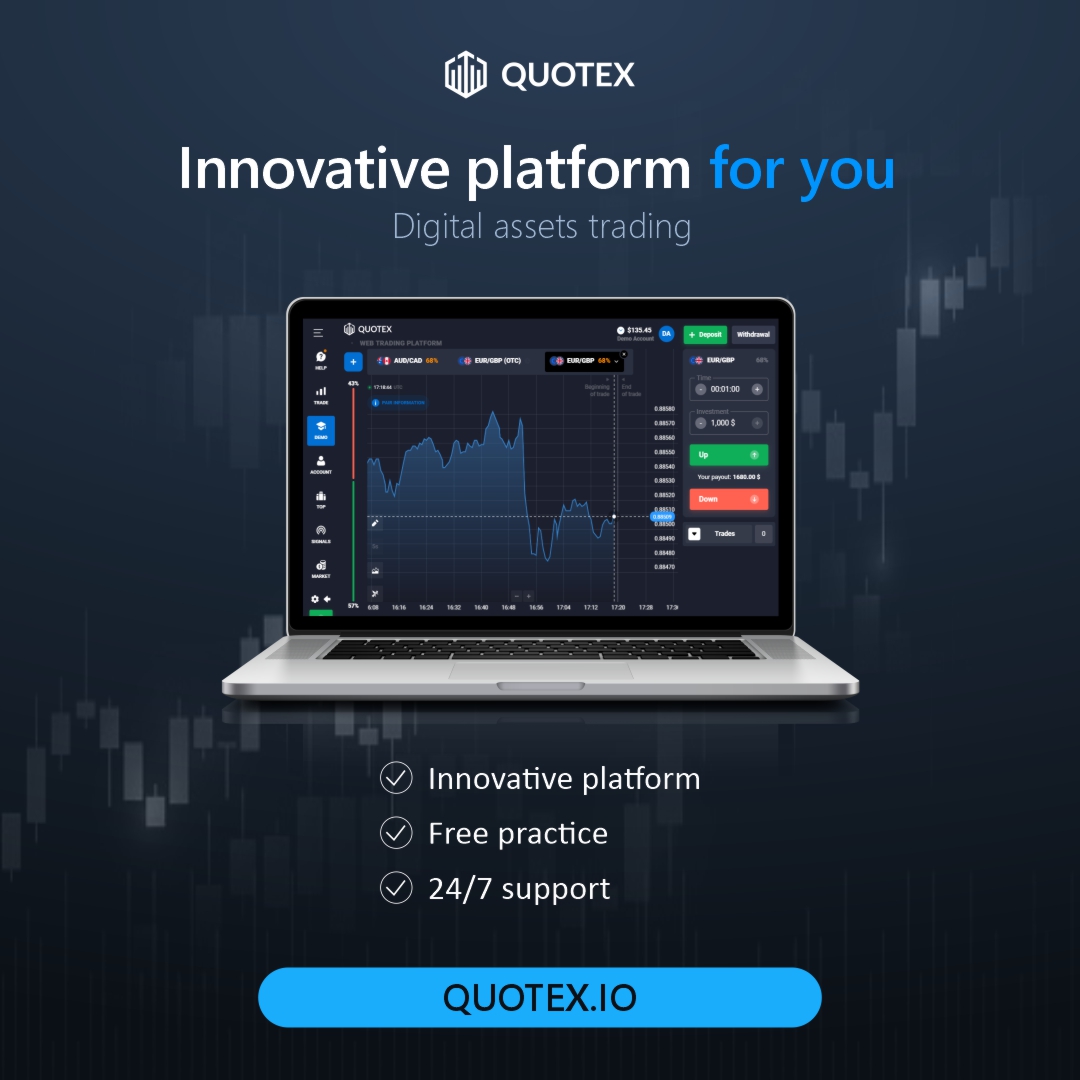Amazon has updated Its purchase terms for Kindle electronic books in the United States to clarify that customers are acquiring a license for content, not the property. The new statement says: “When ordering, you are buying a license for the content and accepts the terms of use of Kindle Store.This update is specific to American customers; International users continue to see the previous wording, but the message is the same: it does not possess it; We just let you use it.
As of February 26, 2025, Amazon discontinue he “Download and Transfer through USB“Characteristic for Kindle devices. This means that users can no longer download Kindle books directly to their computers for manual transfer, since access to the content bought now will depend completely on the infrastructure in the Amazon cloud. This change indicates a subtle truth about the property and reinforces a simple fact: it is not his own if someone else can remove it.
This is not just a Amazon problem, but applies to all content and materials in our current digital age. You cannot access your favorite songs and albums in your transmission application without Internet connection. They limit the number of devices from which you can listen and insert ads unless you pay a monthly rate. Gone are the days of records, tapes and CDs that have the freedom to listen as you want, resell or even give it to a friend.
What does it mean to have something? The property is generally understood as the act or the state of possessing something. In this case, we clearly have the content, but it can alter or take us away at any time. That is not a real property. Oxford The property of the states is defined as “the exclusive right to use, possess and get rid of the property.” Therefore, exclusivity is required in the property.
What about other intangible digital articles such as money or identity? It has your name or handle social networks or email. That is you, it is your similarity online, personality and content that you created. You cannot have two people with the same name or mango, and that exclusivity is applied by a password in the account, but that account can be blocked, prohibited or eliminated at any time by the decisions of Facebook or X. What happens to that money in your bank account? He possesses it and has legal rights, but banks freeze accounts, and governments embed all the time. That is not a real property.
Then I ask again: What does it mean to have something? It is not enough to possess it; Having exclusivity or even legal rights is not enough. To own something really, only you should be able to enforce that possession and exclusivity. In the physical world, the application is largely reduced to coercion and threat or real use of violence. The eviction notice of the Sheriff’s department, the armed guards in front of a vault, the reduction of borders after a war. In the digital domain, the encryption has this purpose and, at the same time, eliminates the need for violence by making force ineffective. Create property that cannot be annulled by violence. No amount of physical strength can break the strong cryptography. A government can confiscate a server, and a company can close an account, but if the data is encrypted and the key is private, the information remains inaccessible. The only way to access encryption assets is through consent.
Encryption not only protects digital property; Change the very nature of power. Eliminates the violence of the equation. That is why it is so disruptive.
The digital signature in encrypted systems is how property and control in the digital world demonstrates. PGP allows you to sign messages and files, demonstrating that they came from you and have not been altered. Nostr, a decentralized protocol of social networks, works in the same way. His publications and identity are linked to their private key, not to a company that can prohibit or eliminate it. Bitcoin exemplifies this principle. Controlling your private keys means that only you can access and manage your funds. When you sign a Bitcoin transaction, you can access and move your money. No bank can freeze it, no government can take advantage of it without its key. The real property is about having the power to enforce that property.
Bitcoin’s axiom “is not your keys, not your coins” comes to mind. “Not your keys, not your coins” means that if you do not control the private keys of your bitcoin, you do not possess it. When you keep Bitcoin in an exchange, the exchange contains the keys, not you. They can freeze their account, limit retreats or even lose their funds. Broken accounts and retirement accounts with Bitcoin ETF can be frozen or seized just like any bank account. The real property means maintaining its keys because only then has total control over your money, identity and property.
The change from physicist to digital has facilitated access but cloudy property. These are books, music, identity or money, just having possession is an illusion of property. Companies can revoke access, governments can confiscate funds and platforms can erase identities, but encryption changes that. The property becomes enforceable, not by laws, a corporation or an institution, but by mathematics. If you want a real digital property, the rule is simple: controlling your keys or someone else is the true owner.
This is an guest publication by Will Jager. The opinions expressed are completely yours and do not necessarily reflect those of BTC INC or Bitcoin magazine.




